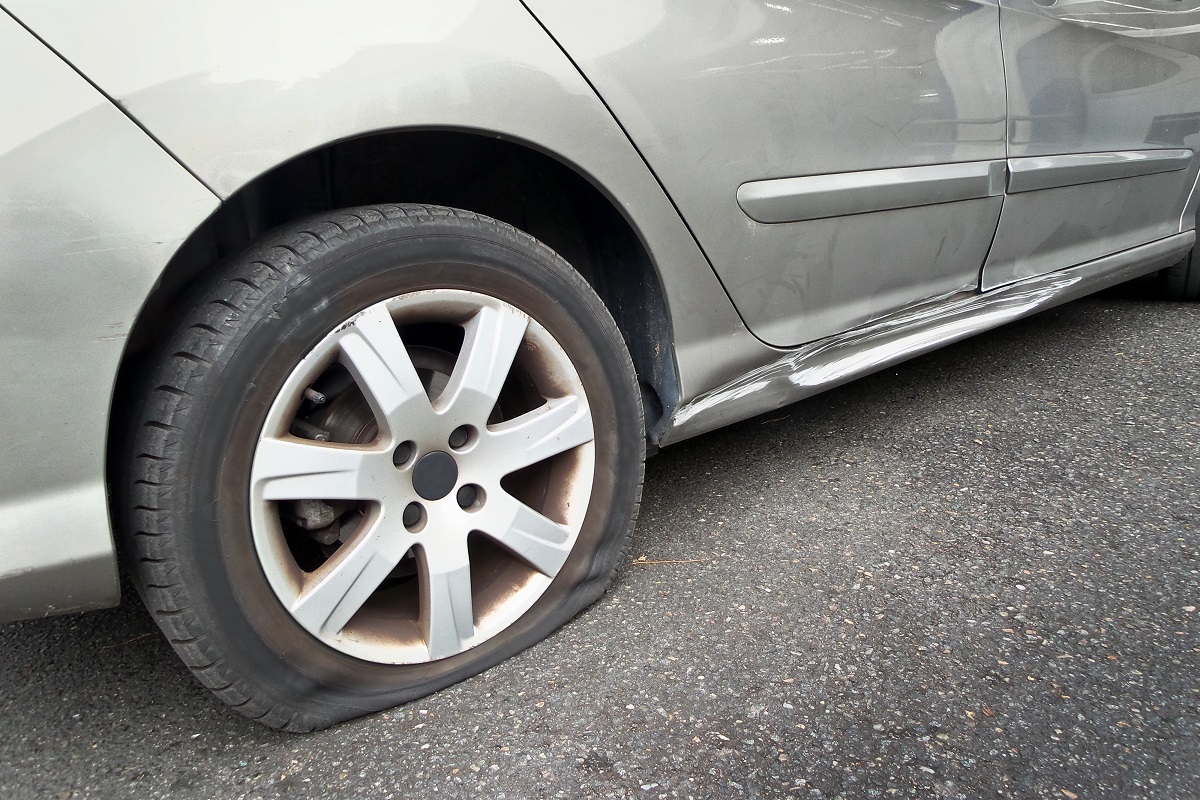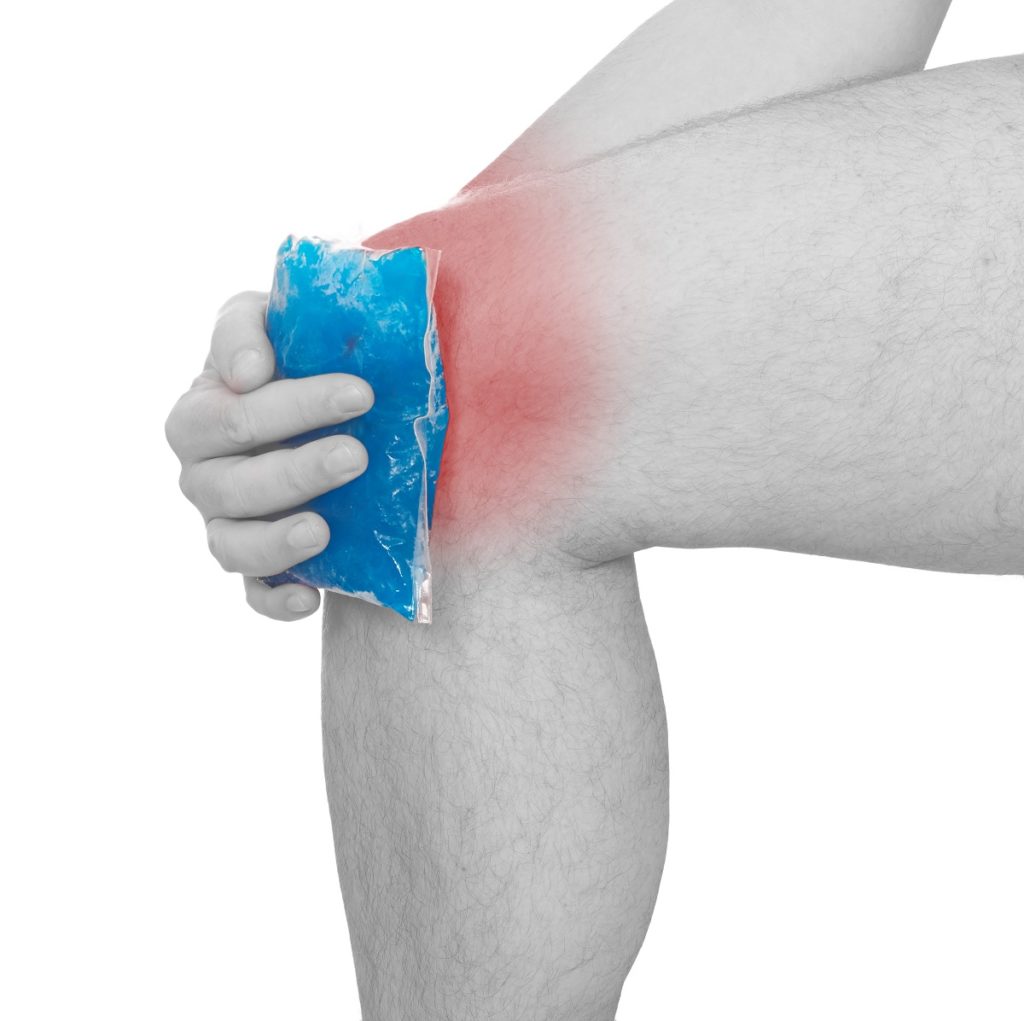Running out of gas, car battery failing, feeling sleepy before you reach the hotel: so many things can go wrong during a road trip. And sometimes, it takes so little to turn what’s supposed to be a fun road trip into a nightmare on the road.
If you want your road trip to be as hassle-free as possible, take a look at the common problems you can encounter on the road and how you can avoid or solve them:
1. Brake problems
Before going on a road trip, one of the most important things that you have to do is have your brakes checked. Take your car to the mechanic, preferably one who has acquired a four-post car lift for sale, to have your brake pads, rotors, fluids, and drums checked out. Doing this will ensure that your car’s brakes are in good shape and won’t fail on you in the middle of your road trip. Otherwise, you can endanger the safety of yourself and everyone on board.
2. Poor cell service
When driving through remote areas, you’re likely going to experience poor cell reception. Unfortunately, there is not much you can do to avoid this problem, and having poor cell reception can put you in a bind when you need it the most.
What you can do is avoid letting poor cell reception affect your road trip. Before leaving the house, download offline maps of all the places you’re driving through, and bring a physical map just in case your phone dies. If you’re using an app to play music, download the songs so you can still play them while you’re offline or go the old-fashioned way by using a thumb drive. It’s also important to let friends and family know that you might experience poor cell reception while driving so that they don’t worry when you don’t respond.
3. Body pain
Driving for multiple hours at a time can take a toll on your body, especially if you’re not used to long drives. Before you know it, you could be going through the rest of the road trip with an excruciatingly sore back, and that’s no fun at all.
To minimize body pain during a road trip, stop every 2 to 3 hours to stretch your muscles and walk around. It also helps to bring a back support cushion for your seat, which can help prevent back pain while promoting proper posture while driving.

4. Flat tire
Having a flat tire is one of the worst things that can happen during a road trip, especially if you get it when you’re out in the middle of nowhere. Having your tires checked before the road trip helps determine if you need to adjust the pressure, rotate your tires, or replace them entirely, which will minimize the chances of getting a flat tire while out on the road.
You should have a spare tire in your trunk in case of emergencies. Even if you have new tires installed, you never know if you’re going to drive through a sharp piece of rock or have someone vandalize it in an unfamiliar city. Hence, having a spare can get you out of a sticky situation and also give you peace of mind.
5. Running out of gas
This is one of the most common road trip problems that a lot of people face, and even if you think you’re not dumb enough to run out of gas, you never know if you need to drive out farther than expected without a gas station in the next 30 miles. Don’t want to find yourself walking to the next gas station under the blazing heat or in the middle of the night? Add gas stops to your GPS routes and bring a tank of gas in the trunk just in case.
6. Getting lost
If your GPS fails and you don’t know how to read a map, then you’re in trouble. Avoid getting lost by downloading offline maps on your phone and taking the time to check out your route before heading out. If you’re in a populated area, try asking for directions from the locals, but only do so if you feel that it’s safe.
Road trip mishaps can happen at any time, sometimes even when you least expect them. If you want to make your road trip as fun and problem-free as possible, prepare for common worst-case scenarios. More importantly, have a plan for when you do encounter issues on the road, especially for problems that can put your safety at risk.




